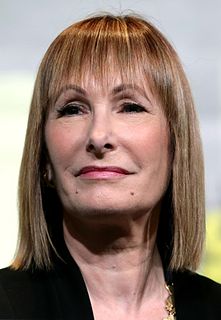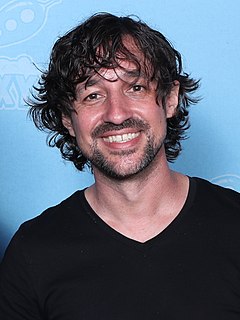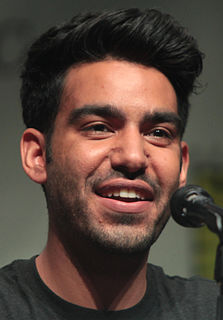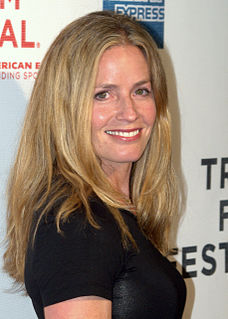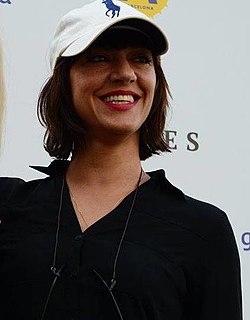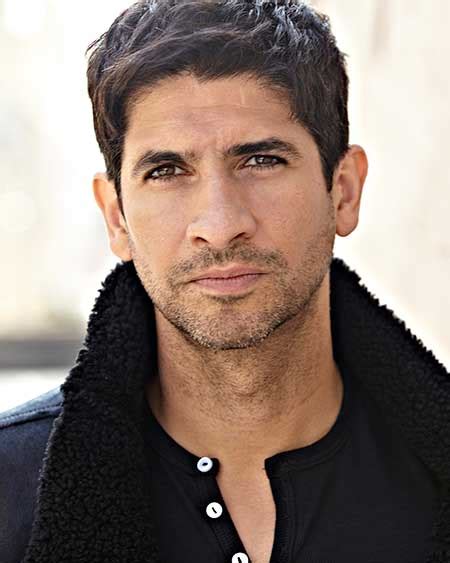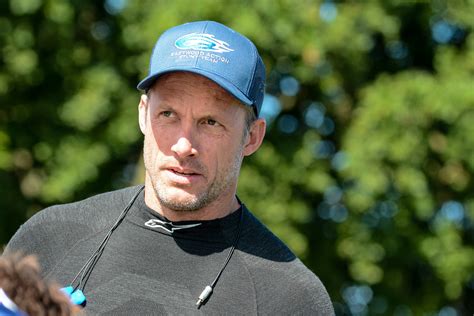A Quote by David Mamet
Consider: for all the gobbledegook [film studio] executives spout about backstory, all that we, the audience, want to know is what happens next. That's the only thing that's going on. . . . Character is nothing other than action, and character-driven means The plot stinks, and you'd better hope the star is popular enough to open the movie in spite of it.
Related Quotes
The great thing about television is that you get to tell, like with "The Walking Dead", 16 hours worth of character-driven storytelling in less time than it takes to make a feature film. So, it really is a medium at least for storytellers who are passionate about not only the genre but also the character-driven genre stories. It's probably a better medium.
The first thing that happens is the cleansing of the former character. I don't think a lot of actors talk about it, but there is usually a process where you essentially purge yourself of the character played prior to the movie. Then you want to think about what the character represents, and you write down all of the elements about this character and then take the time to find some synchronicity and start breathing the character.
I'd love to do a Paul Greengrass movie, or something like that, that's a character-driven action film. I'd like someone to make me go to the gym every day, and all that stuff. I don't know. Wherever the good characters are, I tend to try to get a job. It was nice because this was dipping my toe in the action genre. Maybe I might put my foot in, next time.
People say, 'Well, whose career do you follow? Where do you see your career going? What movie do you want to do next?' And I can't tell you what type of movie I would go and do next. I would have to read the script and feel for a character. And if I feel in my gut for a character, I know that that's somebody I have to play.
I believe that every character I create is in their own film, that happens to overlap with the main film. There are complete and real characters, even though we only spend only a little time with them. In the approach to what those entities are, that always appeals to an actor. What are they, since they are going to embody this character?

